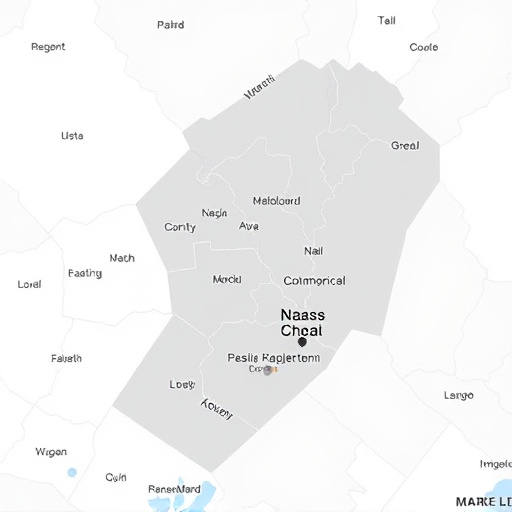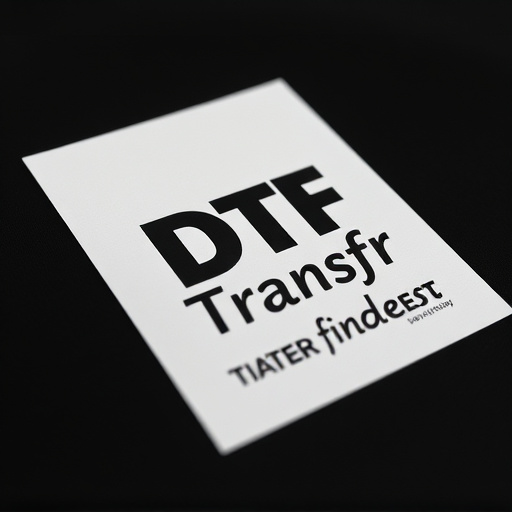The recent approval of unified 50-state legal intake systems is a significant step towards modernizing the US legal landscape, aiming to streamline initial client-lawyer interactions and enhance accessibility to justice. By creating a consistent framework, these systems promise to reduce complexities, foster equity, and simplify legal navigation for individuals nationwide, addressing previous inconsistencies stemming from distinct state processes. The adoption brings substantial benefits to both legal professionals and clients, optimizing communication, document accuracy, and resource allocation while promoting quicker response times and better guidance for clients.
“Across the nation, a significant shift is underway in legal performance with the unified adoption of 50-state legal intake systems. This comprehensive initiative aims to streamline and standardize processes, ensuring consistent access to justice for all. The article delves into this transformative journey, exploring the critical need for uniform legal intake across states, the approval process’s impact on legal services availability, and the challenges—as well as long-term benefits—of implementing these approved systems nationwide.”
- Unifying Legal Intake: A Nationwide Effort
- – Exploring the need for standardized systems across all 50 states
- – Benefits of uniform legal intake processes
Unifying Legal Intake: A Nationwide Effort

In an effort to streamline and modernize the legal landscape, a unified approach to legal intake is gaining traction across the nation. The 50-state legal intake systems approved are a testament to this nationwide push for efficiency and consistency in how individuals access legal services. By implementing standardized processes, these systems aim to simplify the initial interaction between clients and legal professionals, ensuring a more seamless experience from the very beginning.
This unified front is particularly significant as it promises to enhance accessibility to justice by creating a consistent framework that reduces complexities and potential barriers. The approved systems offer a structured path for individuals to navigate their legal needs, ultimately contributing to a more equitable and responsive legal system.
– Exploring the need for standardized systems across all 50 states

In today’s interconnected society, it’s imperative that legal systems across the nation operate with uniformity and efficiency. Currently, each of the 50 states maintains its own distinct legal intake processes, leading to inconsistencies and potential inefficiencies within the justice system. To ensure a fair and streamlined experience for all citizens, there is a growing recognition of the need for standardized 50-state legal intake systems approved across the country.
Standardization would not only simplify the process for individuals seeking legal assistance but also for lawyers and legal aid organizations who often have to navigate multiple, sometimes conflicting, procedures. Implementing uniform systems can help reduce bureaucratic bottlenecks, enhance data sharing among states, and ultimately foster a more equitable administration of justice.
– Benefits of uniform legal intake processes

The implementation of uniform legal intake processes offers significant advantages for both legal professionals and clients across the nation. With 50-state legal intake systems approved, these standardized procedures streamline the initial stages of legal services, ensuring a consistent and efficient experience regardless of location. By centralizing data collection and case management, such systems enhance communication and coordination among lawyers, paralegals, and clients, leading to improved client satisfaction.
Moreover, uniform legal intake processes contribute to enhanced accuracy and consistency in document preparation, reducing errors and the need for costly revisions. This efficiency not only saves time but also optimizes resource allocation within law firms and legal aid organizations. As a result, clients can expect faster response times, clearer guidance, and more accessible legal support, fostering trust and strengthening the overall administration of justice across the country.
The push for nationwide legal performance upgrades, particularly through the implementation of unified 50-state legal intake systems, marks a significant step towards modernizing the U.S. legal landscape. By standardizing processes, these reforms promise enhanced efficiency, improved client experiences, and better resource allocation. As more states approve these systems, the benefits will become increasingly evident, revolutionizing how legal services are delivered across the nation.














